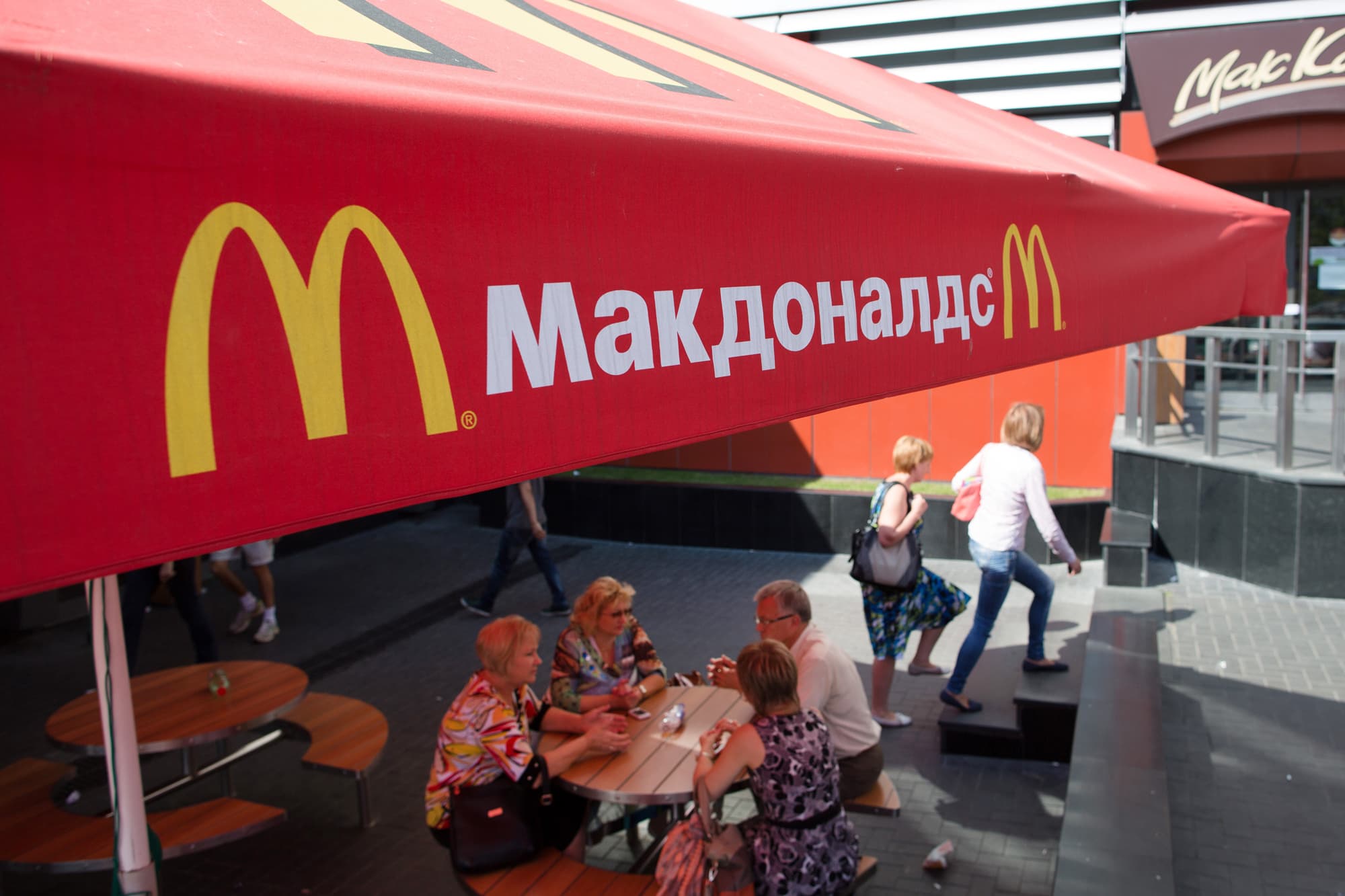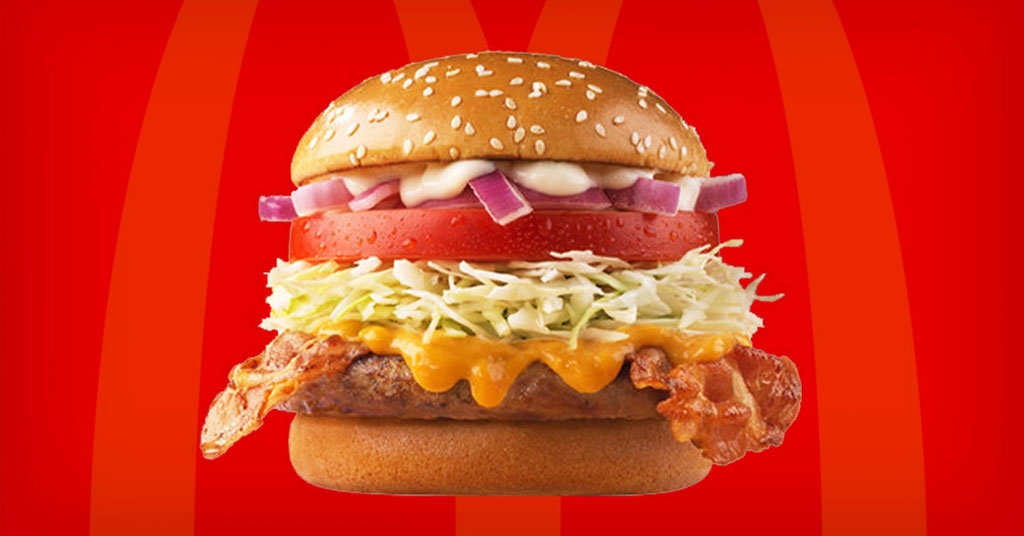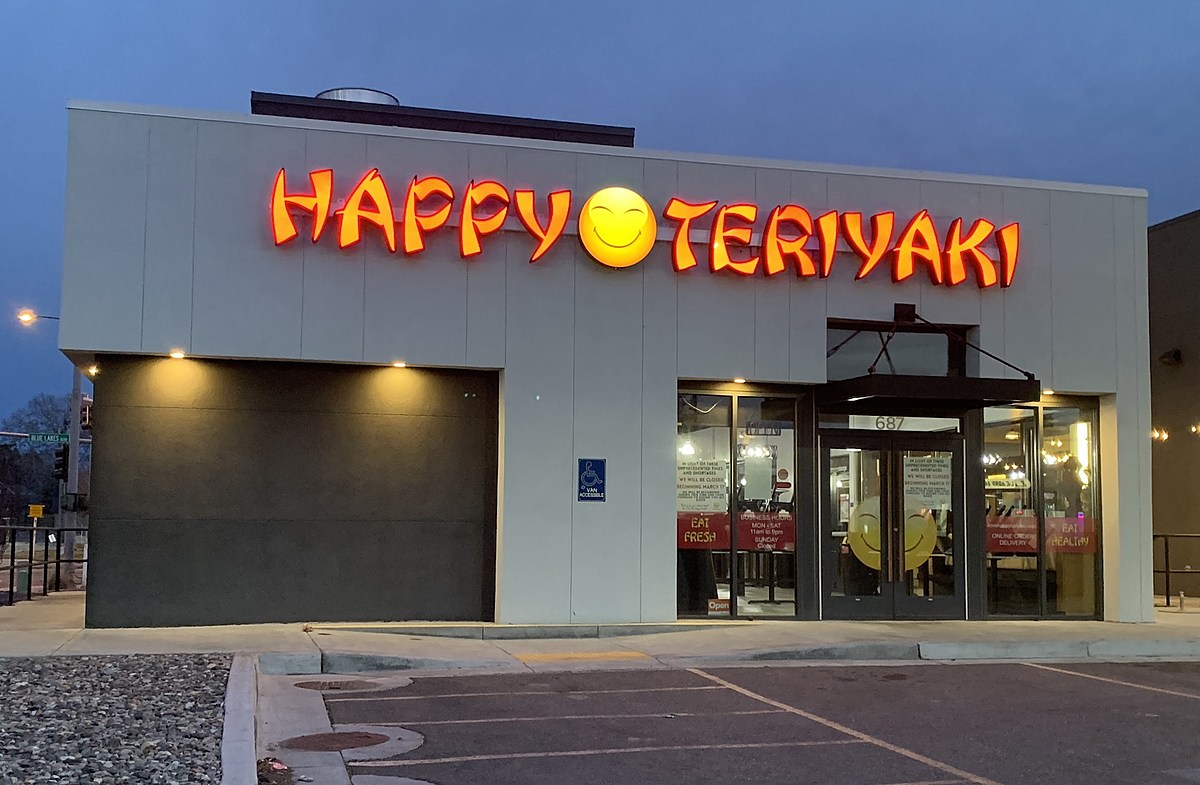A McDonald’s restaurant in Moscow.
Andrey Rudakov | Bloomberg | Getty Images
U.S. fast-food chains have limited exposure to Russia and Ukraine, but McDonald’s is under the most pressure, according to a new report from Bank of America Securities.
McDonald’s, which owns a large majority of its restaurants in Russia, has been quiet about the Russian invasion of Ukraine. The company declined to comment to CNBC on Monday.
Other restaurant companies have avoided greater exposure to Russia and Ukraine because most — or all — of their locations in the countries are operated by franchisees. While those restaurants generate less revenue for the franchisor, it also means that a significant economic downturn in either country is less likely to dent the company’s overall results. Rather than face consumer or government backlash from either side of the conflict, both the franchisor and franchised restaurants can point to their local ownership, even if the chain is based in the U.S.
Since opening its first location in the Soviet Union 32 years ago, McDonald’s has grown its footprint in Russia and Ukraine to more than 900 locations. Those restaurants account for 2% of its system-wide sales, roughly 9% of its revenue and 3% of its operating income.
The Chicago-based company has shrunk its ownership from 100% to roughly 84% of restaurants since the Kremlin invaded Crimea.
“In 2014, after Russia was hit with sanctions in response to its Crimea invasion, there was a perceived negative reaction at the country level against American companies, including McDonald’s whose Moscow restaurants it closed for ‘sanitary violations,'” Bank of America Securities analyst Sara Senatore wrote in a note to clients on Monday.
Franchisees operate the rest of McDonald’s Russian footprint.
According to Senatore, a bigger threat to McDonald’s business is whether the conflict spills over into the rest of Europe. The continent accounts for nearly a quarter of McDonald’s system-wide sales. Senatore estimates that the region could generate roughly a third of its operating profit.
Starbucks, on the other hand, generates only about 5% of its system-wide sales from Europe, according to Senatore. The coffee giant hasn’t paused operations in Russia, where all of its cafes are run by franchisees. CEO Kevin Johnson condemned the Russian attack on Ukraine and vowed to donate royalties from its Russian business to humanitarian causes in Ukraine.
Yum Brands, which owns Taco Bell, KFC and Pizza Hut, has more than 1,000 restaurants in Russia that account for roughly 2% of its system-wide sales. However, the vast majority of those locations are franchised, so the revenue that Yum receives through licensing fees is much smaller.
“Like so many across the world, we are shocked and saddened by the tragic events unfolding in Ukraine, and we’re focused on the safety of our employees, franchisees and partners in the region,” Yum said in a statement to CNBC.
The company added that it is too early to discuss the impact but it is monitoring the situation very closely. Its foundation is donating $1 million to the Red Cross and matching employee donations to a number of charitable relief organizations.
Domino’s Pizza and Burger King owner Restaurant Brands International also have restaurants in Russia and Ukraine, although all of those locations are operated by franchisees, according to Senatore.







